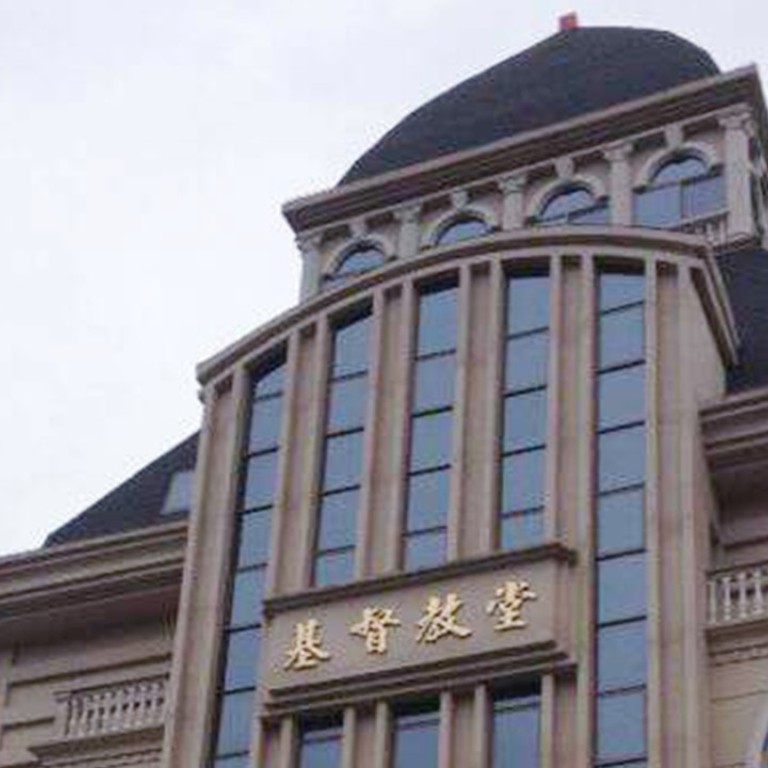
China’s crackdown on religious groups will harm its soft power push
As China extends its economic and military outreach, its leaders have an image problem.
Every nation tries to win friends. This is known as “soft power”, as opposed to the hard power of weapons and military threats. Soft power does not come cheaply but it is more durable and more effective in a world that abhors intimidation.
One form, economic assistance, can buy some support, especially among poorer nations, but is less useful in wealthier countries which may view China as an aggressive competitor which steals hi-tech expertise.
China tries to win admirers by setting up Confucius Institutes overseas to spread Chinese language and culture but they can also be used to spy on local Chinese emigrants.
One of the biggest obstacles to China’s quest for soft power is its rulers’ failure to value human rights and basic freedoms. No wonder the Taiwanese who are ethnically Chinese are repelled by Beijing’s unity overtures. They are not so much opposed to the notion of eventual unity, but to the mainland’s lack of social ethics, denial of dignity and its moral vacuum. Even many mainlanders are disillusioned by the greed, corruption and spiritual void in their society and government.
The ruling Communist Party demands that its members embrace atheism. This deprives many loyal Chinese citizens of the opportunity to serve the party and improve things.
In almost every nation, religious bodies uphold moral standards and provide social benefits. China needs similar services to supplement shortcomings in various fields. Citizens also deserve to have legal outlets for their altruism and religious ideals. Some believers may use religion as a political tool. Party theorists bring up past conflicts with religious adherents as justification for repressing religions affiliated with the West. But at least their believers were not guilty of the cruelties committed by revolutionaries and fanatics against their own people.
If the central authorities really want to improve China’s overseas image, they should focus less on economic schemes and more on treating their own citizens with respect and decency. Political reform and emphasis on basic human rights, including religious freedom, are long overdue.
We admire leaders who recognise past blunders and harmful policies and are willing to change them. By expanding freedom for religions and better human rights, China will enhance its image, gain more soft power and promote internal harmony.
J. Geitner, Sham Shui Po

